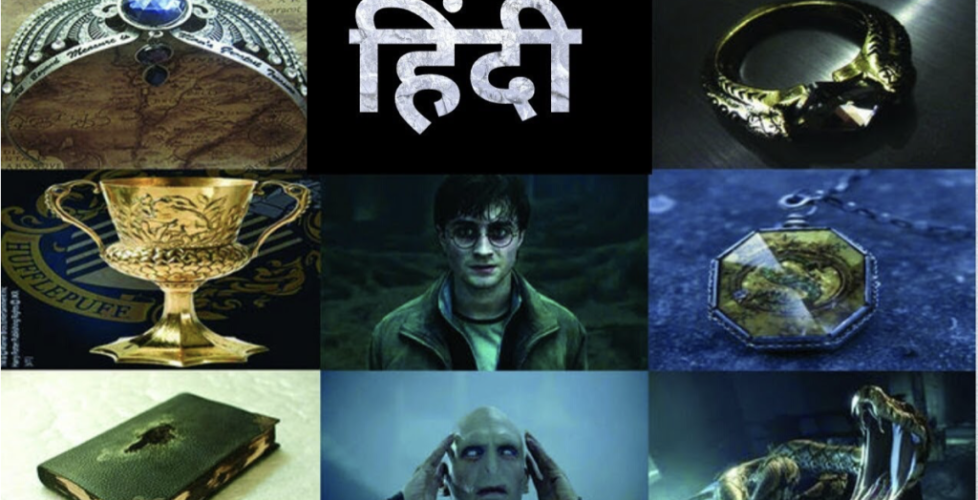The Real Difference Between Marketing and Branding
Ok, I was recently named an Alignable Mainstreet Mentor in Rancho Santa Margarita, California, for getting in there often and providing advice to small businesses trying to make some sense of their marketing post-Covid or still-in-Covid—or whatever this current time feels like to you.
One question that I get over and over is what is true difference between branding and marketing? Great question and there are MANY opinions on this subject but you’re here—so you’re gettin’ mine.
For me (and my clients) marketing is about building long-term relationships and doing the things to be extremely useful and valuable to THEM (customers) without doing anything to hurt or end the relationship along with way. Getting privacy wrong, for example, ends the relationship. Marketing is VERY big and encompasses a lot of things including pricing, distribution, packaging — really anything that contributes to the customer experience (and that includes even when the customer isn’t buying from us).
Speaking of relationships, sending out garbage in your marketing automation system could END the relationship. Not responding to customer feedback or fixing things when they go wrong could easily end the relationship. So it’s a balancing act – saying enough to move people through the stages of a healthy marketing relationship (curiosity, enlightenment to commitment) WHILE not screwing it up by getting needy or asking for the sale too quickly. Marketing is always done on the edge of a knife — too much to either side—and you’re in big trouble.
Branding is entirely about EMOTIONS. It’s actually based on the theory of emotional transference where some smart early branding guys said they could get customers to actually FEEL something about…soap. Ok so how do you FEEL about soap? Well, as it turns out, people can replicate human emotional states about products, services and companies. THIS is the absolute magic of branding. Do you control it? Nope. Can you influence it? Yes. Will they really tell you the truth about it on a survey? Nope and that’s because not everyone is AWARE of it. We are talking about REALLY deep subconscious mind stuff here.
I like to think of branding like the Horcruxes in Harry Potter. In the movie, the bad guy Voldemort shatters his soul into seven pieces and attaches a piece of his soul to them so he cannot be killed easily. Brands are EXACTLY like this. We break off pieces of ourselves and attach them to NFL football teams, coffee brands, cars, cities where we live, colleges, and about a million other things. When we make the decision to align with a company at this deep level, that’s where the brand forms a powerful bond that is not destroyed easily.
Now my mentor Don Miller (author of Building a StoryBrand and Business Made Simple) says companies should not waste time on ANY branding activities until they reach $100 mil in revenue. Respectfully, I disagree, but it does depend on how you’re using the word. Don means reinforcement types of advertising that do not aim to sell a particular product or service, but instead try to make you feel warm and fuzzy about a company. I get that. But, my clients WIN by using emotions to our best advantage and make them a BIG part of the story. It’s really more of a HOW you do it rather than an absolute.
Here’s why it’s useful to know the difference. When someone says, “we’re doing a re-branding,” I immediately think they’ve discovered a new emotion to go after and there’s a big strategy. But typically, they mean they are redesigning their logo. That IS NOT a re-brand. It Is a LOGO redesign. Words matter. A re-brand is a significant change in the STORY, the emotions that we’re aiming at — the plan to get inside the customer’s head/heart and STAY there. And yes, the effort COULD include a new name or a new logo.
So marketing is BIG and DANGEROUS because it includes everything, but branding is about getting our customers to choose us as their own personal Horcrux—and break off a little piece of themselves FOR themselves AND for us. It’s VERY powerful. —Just ask Harry Potter.

